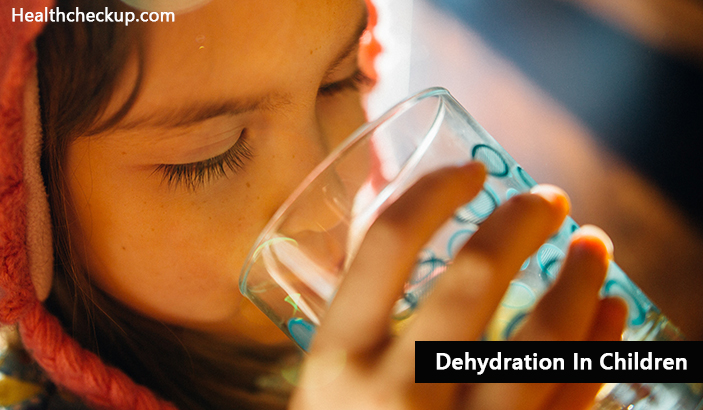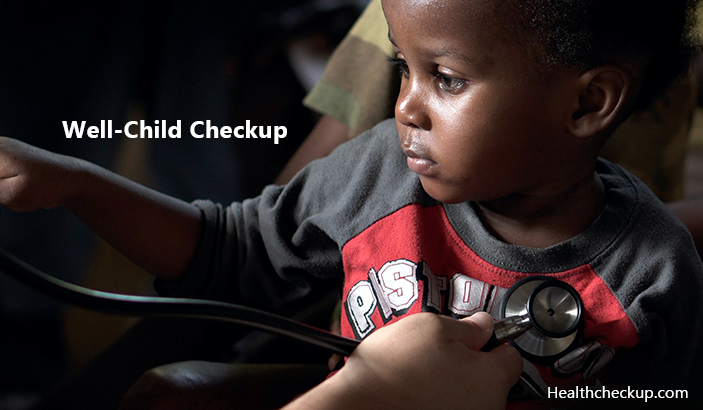Kids learn by absorbing everything that they sense in their environment. If you want your kids to perform well while staying away from substance abuse, developing an effective drug-free lifestyle is a must. Consider the following tips to ensure that your kid stays away from substance abuse:
1. Foster Open Communication
Kids need to know that they can always talk to you. Your communication line with your kid should always be open. This can be done by making sure that you have a safe and non-judgmental home environment. You should always aim to make your kid feel comfortable to share feelings, thoughts, and concerns. You should always encourage your child to express themselves. You should also teach them how to actively listen without being critical. Being an attentive listener and ensuring that your child is always heard will elevate the bond of trust between you and your child.
2. Educate Them about Substance Abuse
Your child should be aware of the dangers and risks involved in substance abuse. It will become ever more dangerous and risky if they would have to learn this outside of their home. You should make it a point that your child knows the concept of consequences. Aim to provide age-appropriate information on the effects and dangers of substance abuse. You should gently explain the impacts of substance abuse on their physical health, mental health, academic performance, relationships, and future.
3. Teach Healthy Coping Skills
Most people turn to substance use because they don’t know how to effectively deal with life’s challenges. Instead of facing reality, most people just choose to repress them or denying by using addictive substances. This is why it’s important that you teach your child how to effectively cope and deal with life challenges. You should dedicate time and give effort to teaching your child how to manage stress. Encourage the following activities:
- journaling
- exercising
- engaging in creative hobbies
- talking to a trusted adult or friend
- deep breathing exercises
4. Set Clear Expectations and Boundaries
A child with boundaries is a child who knows the importance of consent and the dangers of abuse. Your child must be fully aware of lines and limits. You should be able to establish boundaries and expectations regarding substance use. You should be comfortable in expressing your beliefs and values on drug and alcohol use. You should highlight the importance of making responsible, intelligent, and healthy choices.
5. Encourage Positive Peer Relationships
You cannot be there for your child 24/7. All you can do is ensure that your child is surrounded by a safe and supportive community. Do this by ensuring that your child has positive peer relationships. Encourage your child to build friendships with peers who share the same interest and values.
6. Be a Positive Role Model
Whether you like it or not, you will be your child’s first role model. Your child will see everything that you do on a daily basis. This exposure to you will dictate the future of your child. This is why you should make it a point to display responsibility, goodness, intelligence, patience, and self-control. You should lead by example. You should also go out of your way to model positive coping mechanisms.
7. Teach Effective Problem-Solving Skills
Your child should not be scared of problems. You should instill in your child the very fact that every problem has a solution. Your child should feel fine, secure, and safe every time he or she makes a mistake. Every mistake should be considered a learning experience and not a traumatic psychological experience that makes your child lose self-esteem and self-confidence.
8. Encourage Healthy Extracurricular Activities
You should encourage your child to participate in healthy extracurricular activities of their choice. Such activities will make them well-rounded and emotionally versatile individuals. Involvement in arts, sports, music, or different clubs will support their overall wellness. They will easily have a sense of purpose. They will also be exposed to the concept of continuous personal growth through adversities and new activities.
9. Build Self-Esteem and Self-Confidence
You should be intentional in making your child feel empowered and capable in doing anything that he or she sets her mind to. You should intentionally create an environment that promotes the self-image, self-esteem, and self-confidence of your child. You should never miss a chance to appreciate your child’s talents, strengths, and accomplishments. You should always let your child shine. At an early age, you should endeavor to introduce them to set realistic goals and the healthy celebration of their achievements. A child with a healthy sense of self will have a solid sense of worthiness. A person with a solid sense of worthiness will not easily turn to substances for validation.
10. Maintain a Healthy and Supportive Environment
Do you know how to support your child beyond the provision of a home, hot meals, and schooling? You should endeavor to create a healthy and supportive environment by connecting with your child on an emotional level while promoting good sleep hygiene, regular physical activities, and good sleeping habits. You should make an environment that will make it easy for your child to make good and healthy decisions for himself or herself. You should promote the open expression of emotions and concerns. Never miss a chance to offer unconditional love and support. Make it your goal to raise a child who will be brave enough to face any kind of situation with a strong mind and a strong body.










